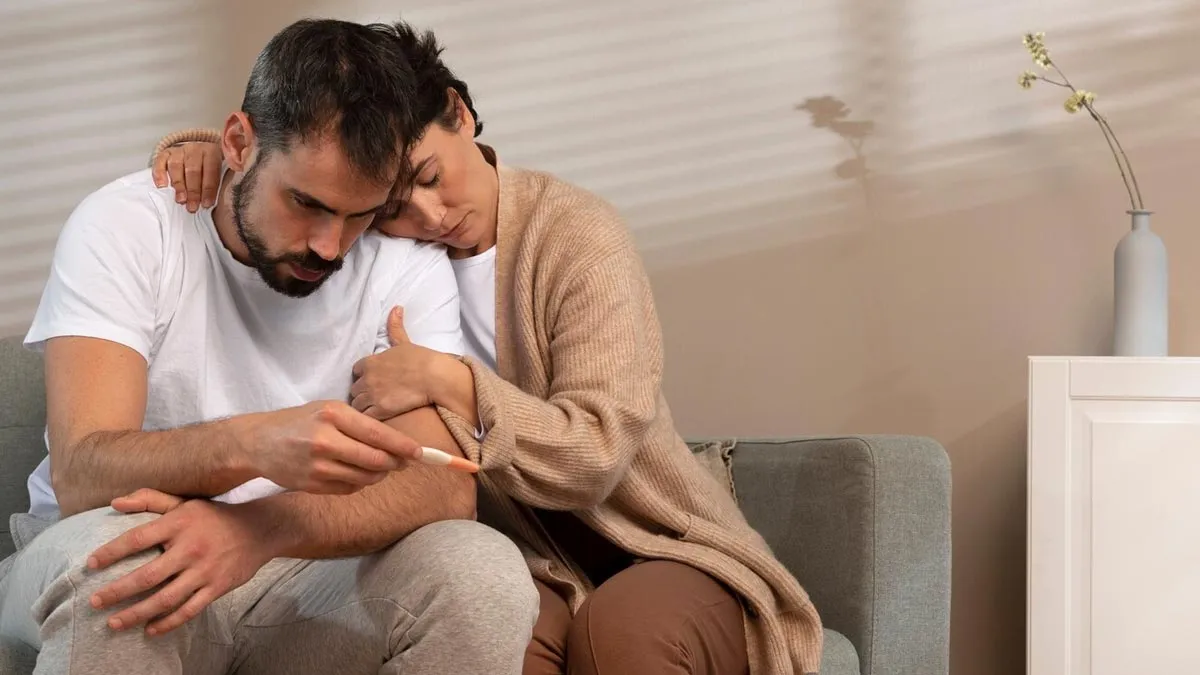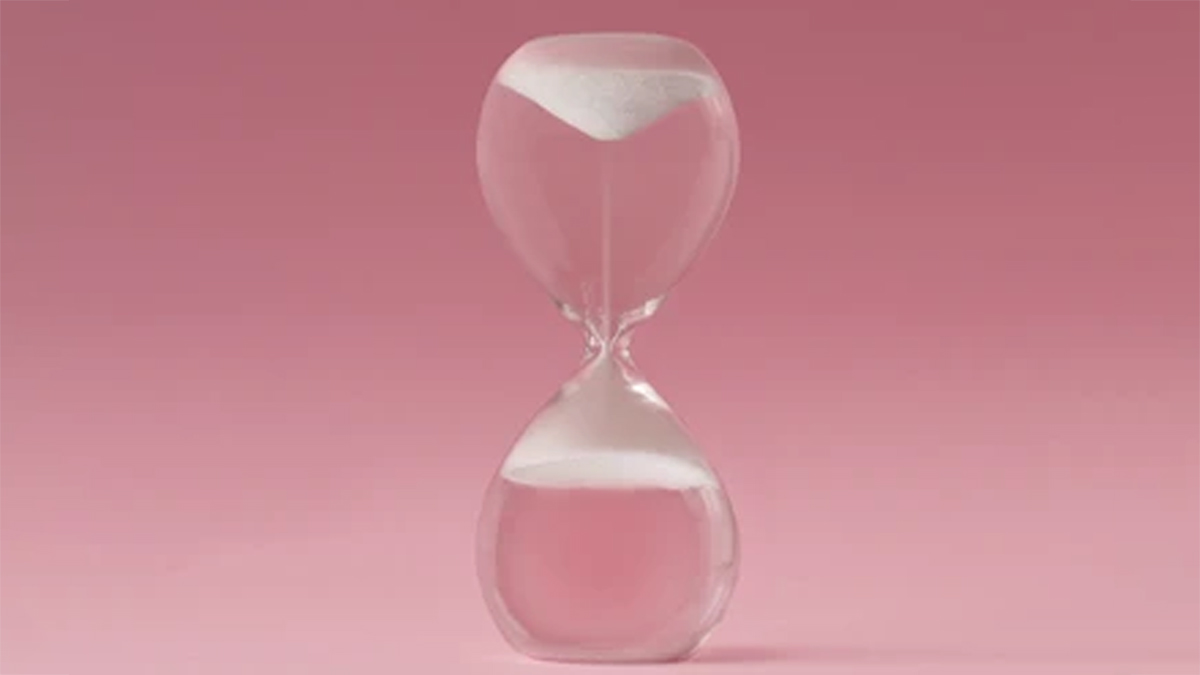
Some questions sit quietly in our minds, too uncomfortable to say out loud. When it comes to infertility, those questions can feel especially heavy. The treatment options, outcomes, and complications, first-time couples have many questions that they might be too hesitant to ask. These aren’t just doubts, they are deeply personal fears that many couples carry but hesitate to voice. And yet, asking them is the first step toward understanding and healing.
Table of Content:-
With insights from Dr Astha Jain, Fertility Specialist, Birla Fertility and IVF, Indore, this article addresses those very thoughts that often go unspoken but deserve honest, compassionate answers.
Questions On Infertility People Are Afraid To Ask
1. Does difficulty in conceiving make me less of a man/woman?

No, struggling with conception does not define your value. “Infertility is a medical condition just like other disorders like hypertension, diabetes, and cancer, and anyone can have difficulty conceiving. Numerous biological, lifestyle and environmental factors are responsible for it and they can all be treated with expert intervention at the right time,” said Dr Jain.
2. What if I can never get pregnant?
First of all, you need to let go of that stressful thought as extreme stress also impacts fertility. Now, there are many paths to parenthood and today, science is advanced enough to offer multiple options. Assisted reproductive technologies, such as IUI, and IVF, with the help of egg and sperm donation, if needed, have all helped many couples conceive. It is about choosing the right option for you in consultation with a fertility specialist.
Also Read: How Type 2 Diabetes Could Be Affecting Your Chances Of Getting Pregnant
3. Can I have a baby at my age?

Age does affect fertility, especially in women, as egg and sperm quality decline with age. According to StatPearls, females are born with a limited number of oocytes and, unlike males, do not produce new gametes throughout their lives. The peak number of oocytes occurs in the womb at about 20 weeks of gestation, followed by a steady decline until around 32. After this age, the decrease in oocyte numbers accelerates until age 37 and the decline becomes even more pronounced.
“Despite this, fertility treatments have been able to help realise the dreams of a lot of couples in advanced ages as well. For women, their fertility takes a sharp decline post 38 while for men, their fertility starts reducing after 42, even as they can conceive naturally till 60. It is important to understand our reproductive health and make the best decisions for ourselves and our bodies at the right time,” explained Dr Jain.
4. What if I can't afford fertility treatment but I need it?
Fertility treatment may be costly but today, there are many options available at fertility clinics to help manage these expenses. There are payment plans and EMI options for couples to consider so that fertility treatment is accessible.
5. If I’ve had an STD in the past, could it still be affecting my sperm health now?

Yes, STDs like chlamydia or gonorrhoea may affect sperm health. If you have a history of STDs, consulting a fertility specialist would be crucial as they can evaluate the extent of the damage and offer alternative treatment options.
6. What if we try IVF but it fails?
There are multiple examples of couples conceiving even after failed IVF attempts. “If your first IVF cycle has failed, your fertility specialist must go into depth to understand the exact reason for the failure and treat that before going ahead with another cycle. Make sure your consultant takes the time to figure out the required solution you need, and if it may be corrective surgeries or other medications. It’s all about reviewing the process, altering the approach and finding a fresh perspective for a better outcome,” added Dr Jain.
[Disclaimer: This article contains information provided by an expert and is for informational purposes only. Hence, we advise you to consult your professional if you are dealing with any health issue to avoid complications.]
Also watch this video
How we keep this article up to date:
We work with experts and keep a close eye on the latest in health and wellness. Whenever there is a new research or helpful information, we update our articles with accurate and useful advice.
Current Version